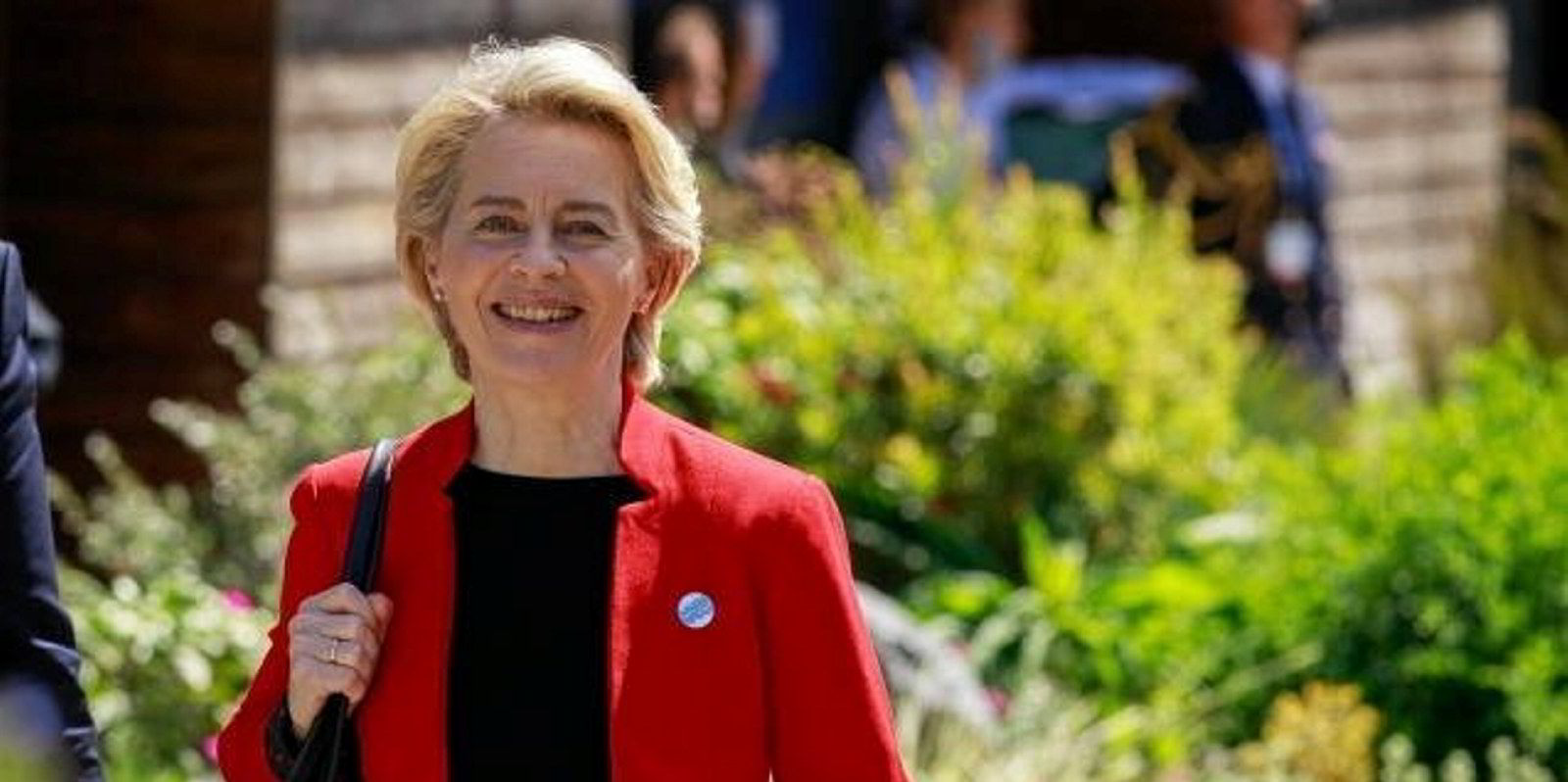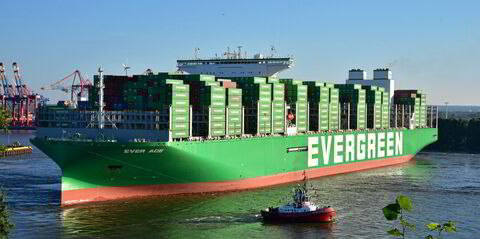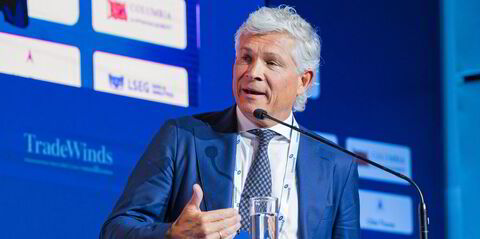The European Commission is mulling a ban on the sale of tankers to Russian owners.
The aim is to prevent the Russian government from bypassing Western sanctions on the country’s oil through the so-called “shadow fleet” of Russian-controlled crude and product vessels.
A proposal discussed on Friday would also introduce a contractual clause for tanker sales to third countries barring a resale into Russia and prohibiting their carrying Russian oil sold above the price cap of $60 per barrel.
The document, seen by Reuters, said: “The price cap mechanism relies on an attestation process that enables operators in the supply chain of seaborne Russian oil to demonstrate that it has been purchased at or below the price cap.”
“To further support the implementation of, and compliance with, this mechanism while increasing barriers to falsification of attestations, [the proposal] introduces a requirement for attestations to also include itemised ancillary costs, such as insurance and freight,” the document added.
The information should be shared through the supply chain, with an appropriate transitional period, the proposal suggests.
Large shipbrokers like Clarksons and Braemar stated early on in the Ukraine conflict that they would not touch sale-and-purchase business involving Russian owners.
Meanwhile, TradeWinds has reported that the US continues to crack down on vessels for alleged price cap violations.
Three Sovcomflot vessels sanctioned by the US for alleged price cap violations shifted their operations from June to receive oil from Russia’s Far East in a series of ship-to-ship transfers, according to tracking data.
The 115,700-dwt Kazan and 114,700-dwt Ligovsky Prospect (both built 2003) received three cargoes of oil in separate lightering operations off the coast of South Korea before delivery to Indian ports, according to Kpler cargo data.
The 105,700-dwt NS Century (built 2006) received four oil cargoes, the data suggested.
A warning to shipping
The US sanctions regulator, the Office of Foreign Assets Control, known as Ofac, had warned shipping companies in April that it was aware of the involvement of Western interests in trades in Russia’s Far East that were believed to be above the price cap.
The ships — and two tankers previously sanctioned in October — were all targeted because of their involvement with US service providers, it added.




